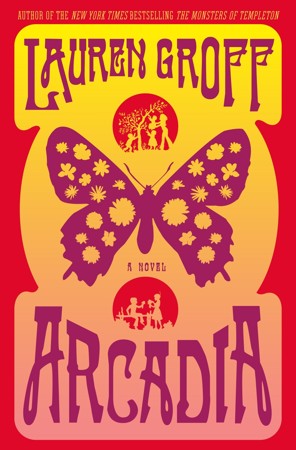Wonderful Investigations
Wonderful Investigations
Dan Beachy-Quick
Milkweed Editions, April 2012
212 pages
$20
Reading essays by poets is just plain fun.
Take Dan Beachy-Quick. Author of five collections of poetry and now a second essay collection, Wonderful Investigations, he writes sentences like, “We must build a wall to find out that we are a circumference always expanding, and that the work of the body ends at the universe’s edge.” This is prose, yes, but not the kind of prose that demands to be taken literally. Instead, Beachy-Quick earns these sentences by moving from hard-to-put-to-words nuances of curiosity and the analysis of felt-sense—and achieves a startling clarity of thought and purpose in roundabout, lyric ways.
The pieces of this collection are complex because they are—as we’re told—investigations. Four essays and three meditations on the work of others—including Emerson, Thoreau, Proust, Plato, Greek Mythology, and a variety of poets, including Dickinson and Eliot—followed by four “tales,” these investigations push at the “hazy line, a faulty boundary” between the real world and a more magical one. Beachy-Quick fears that wonder has perhaps been lost to us, and he seeks to find and restore its role in our world, his voice always present and immediate and seeking to connect with his reader: “I like the moment of failure that finds us on that line, abandoned of intent, caught in an experience of a different order, stalking the line between two different worlds and imperfectly taking part in both.”
I’ll admit that I do not always understand exactly what Beachy-Quick says. Investigations are, by necessity, sometimes repetitive. He circles back on ideas and patterns, approaching this idea and the boundaries of wonder from many different angles, as in “The Hut of Poetry”:
….We return to those poems that matter most to us not because we have something else to learn but because the world of that poem has become for us our home.
But a home is never the world—a home is a separation from the world. A poem is never the world—a poem is a separation from the world. The world we read, and in reading see, never stays a world. Language’s gift to us is its failure.
But always I follow him, because I am intrigued and because I am captivated. Where I lose him, I am carried through by my own wonder at the sentences and the language, and before long I catch up again. I don’t need to be able to follow every thought; that isn’t what these essays are about, and that isn’t what they are for.
Wonderful Investigations is a model of intense observation, of a mind reaching out as far as it can. Always Beachy-Quick seems to write in metaphor, returning to the process of wonder, and why it’s so necessary, and then to the failure of language and poetry to ever truly take us where we want to go. And while I would normally tire of this recursive sort of exploration, I cannot turn away, returning to these essays because I long to feel as intensely curious about anything as Beachy-Quick does. This is the triumph of Wonderful Investigations: his reader cannot help but feel the same desire for that hazy line—cannot help but want to reach for it as well.


